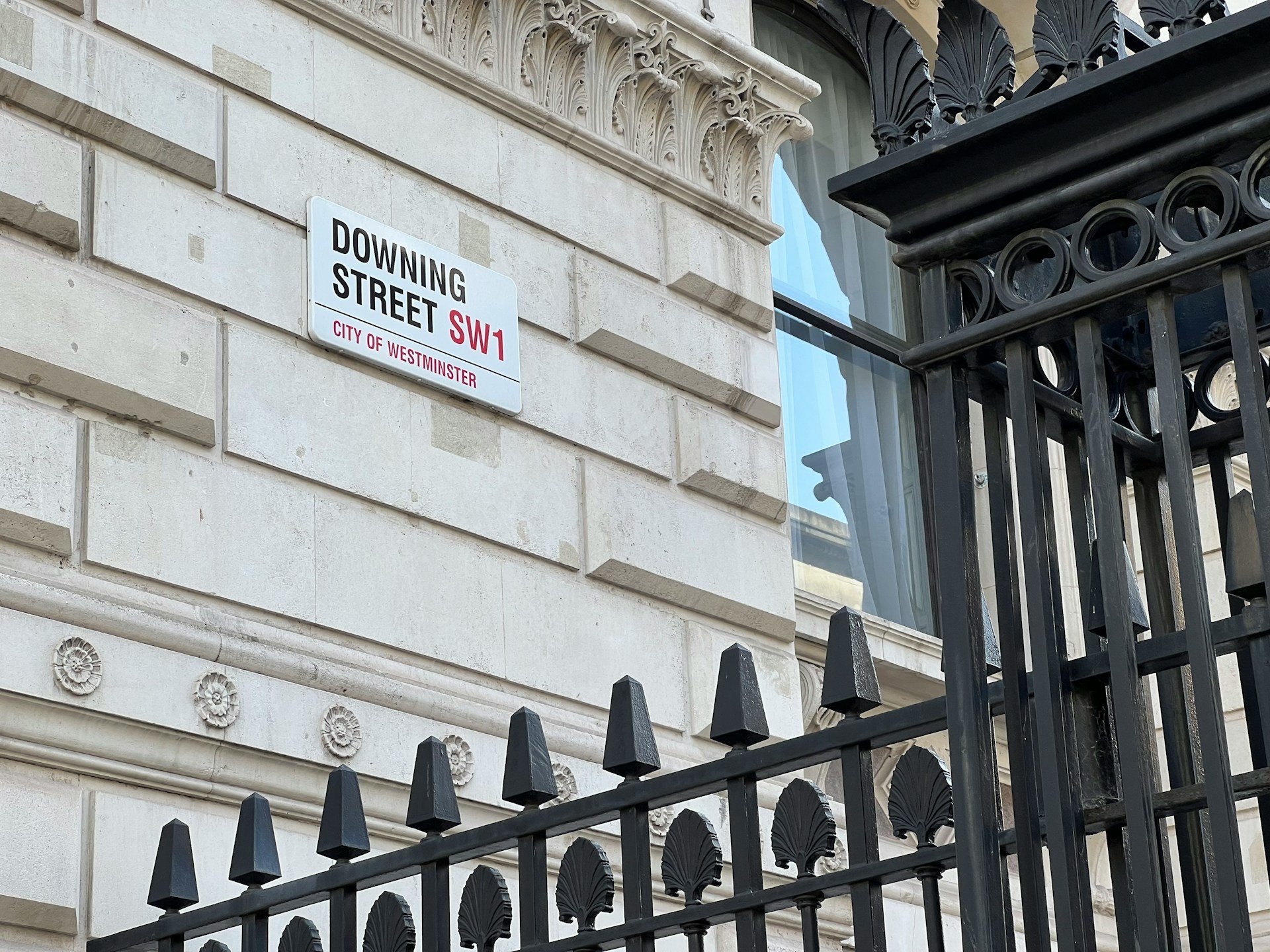
Business Sustainability Strategies: Build a Resilient & Profitable Business
by Tara Covell
Listen to Audio Version:
Last Updated: 12 March, 2025
Business owners often find themselves torn between short-term growth and long-term sustainability. The pressure to increase revenue, expand into new markets, and stay ahead of competitors can sometimes come at the cost of financial stability, operational efficiency, or environmental and social responsibility.
However, business growth and sustainability don’t have to be opposing forces. The most successful companies integrate a business growth plan that not only fuels expansion but ensures long-term resilience. Striking this balance is what separates businesses that last from those that burn out.
So, how can business owners scale their companies without sacrificing sustainability? This article explores sustainable business growth strategies and provides practical insights into corporate responsibility, financial sustainability, and overcoming challenges.
The Role of Corporate Social Responsibility (CSR) in Sustainability
Corporate Social Responsibility (CSR) plays a key role in sustainable business practices, ensuring that companies align ethical operations, community engagement, and environmental responsibility with long-term business goals. Businesses that integrate CSR build stronger relationships with customers, employees, and investors, reinforcing trust and commitment to sustainability.
- Ethical Sourcing: Ensuring that materials and products are obtained responsibly, benefiting suppliers and workers.
- Community Investment: Engaging in philanthropic efforts such as charitable donations, educational programs, and local development projects.
- Employee Well-being: Offering fair wages, a safe workplace, and opportunities for professional growth.
- Environmental Stewardship: Reducing carbon footprints, promoting recycling programs, and using renewable energy sources.
CSR is not just about reputation—it can lead to increased customer loyalty, higher employee satisfaction, and even financial savings through improved operational efficiencies.
🔹 Related: Business Growth Consultancy
Examples of Successful Sustainable Businesses
Many UK businesses have successfully implemented sustainability strategies that serve as industry benchmarks:
-
Unilever has committed to net-zero emissions and sustainable sourcing. Its Sustainable Living Plan has significantly reduced waste and carbon emissions while improving supply chain transparency.
-
Marks & Spencer (M&S) launched Plan A, which focuses on reducing waste, lowering carbon emissions, and sourcing responsibly. The company has achieved zero-waste-to-landfill status and continues to innovate with sustainable packaging solutions.
-
Greggs integrates sustainability through its Greggs Pledge, which includes commitments to carbon reduction, healthier food options, and social responsibility. It has made significant strides in reducing food waste and improving energy efficiency in stores.
While these larger businesses set sustainability standards, smaller companies are also finding cost-effective ways to adopt green practices, such as using renewable energy, reducing waste, and prioritising ethical suppliers.
A great example of sustainability in SMEs is Brewdog, the independent beer company which has adopted a carbon-negative approach, investing in reforestation projects and renewable energy initiatives.
Why Consumers Care About Sustainability
Consumer behaviour has shifted, with ethical consumerism on the rise. Studies show that UK shoppers are willing to pay a premium for sustainable products. Businesses that demonstrate a commitment to sustainability gain a competitive advantage, as eco-conscious consumers actively seek brands that align with their values.
Companies that communicate their sustainability efforts effectively, whether through product packaging, marketing, or corporate reports, are more likely to build long-term customer loyalty.
- 73% of global consumers are willing to change their consumption habits to reduce environmental impact.
- Consumers are willing to pay a 9.7% sustainability premium, even with cost-of-living and inflationary concerns.
- Millennials and Gen Z consumers are more likely to engage with brands that align with their environmental and ethical values.
Sustainability-driven branding is a growing trend, and businesses that capitalise on this shift will see stronger customer retention and brand advocacy.
Overcoming Challenges in Business Sustainability
While the benefits of sustainability are clear, many businesses face challenges in implementing it, with common obstacles including:
- High upfront costs for adopting renewable energy and sustainable technologies.
- Regulatory complexities that require careful compliance with UK sustainability laws.
- Internal resistance to change within an organisation.
Solutions such as government incentives, phased implementation of sustainability initiatives, and employee engagement programs can help businesses navigate these challenges. A structured approach ensures that sustainability becomes an opportunity for innovation rather than a financial burden.
Government Support for Sustainable Businesses The UK government provides a range of incentives and support for businesses adopting sustainable practices, including:
- Green Business Loans: Funding for eco-friendly infrastructure improvements (British Business Bank).
- Tax Relief Schemes: Companies investing in sustainable technologies can benefit from tax credits and deductions (GOV.UK).
- Renewable Energy Grants: Support for businesses implementing solar, wind, and other green energy sources (Energy Saving Trust).
- Plastic Packaging Tax: Encouraging businesses to reduce plastic use by offering financial incentives for sustainable packaging solutions (GOV.UK).
How to Develop a Sustainable Business Strategy
To implement sustainability effectively, businesses should follow a structured approach:
- Set Clear Objectives: Define measurable sustainability goals that align with business priorities.
- Conduct a Sustainability Audit: Identify inefficiencies and areas for improvement.
- Integrate Sustainability into Operations: Embed eco-friendly practices in daily decision-making.
- Leverage Technology: AI-driven energy management and automation can improve efficiency.
- Monitor and Report Progress: Transparency in sustainability reporting builds trust and ensures compliance with evolving regulations like the Corporate Sustainability Reporting Directive (CSRD).
Businesses that proactively track their sustainability efforts are better positioned to attract investment and build credibility in their industry.
Final Thoughts
Sustainability is no longer optional—it’s a vital factor in business resilience and profitability. UK businesses that integrate sustainability into their operations will benefit from stronger brand loyalty, regulatory compliance, and financial performance.
If you're struggling to navigate sustainability in your business, a TAB peer board can help you find practical, cost-effective strategies that work. Find your local TAB board today.
Related articles

What does the next general election mean for small businesses?
Explore the latest UK political proposals to support small businesses, promote sustainable development, and boost the housing market.

10 Proven Strategies for Organic Business Growth
Discover effective strategies for achieving organic business growth. Boost your business's success with actionable tips and insights for sustainable growth

Does Your Business Really Need AI?
Explore the pros and cons of adopting AI in your business, from efficiency gains and cost savings to ethical concerns and high initial investments.





